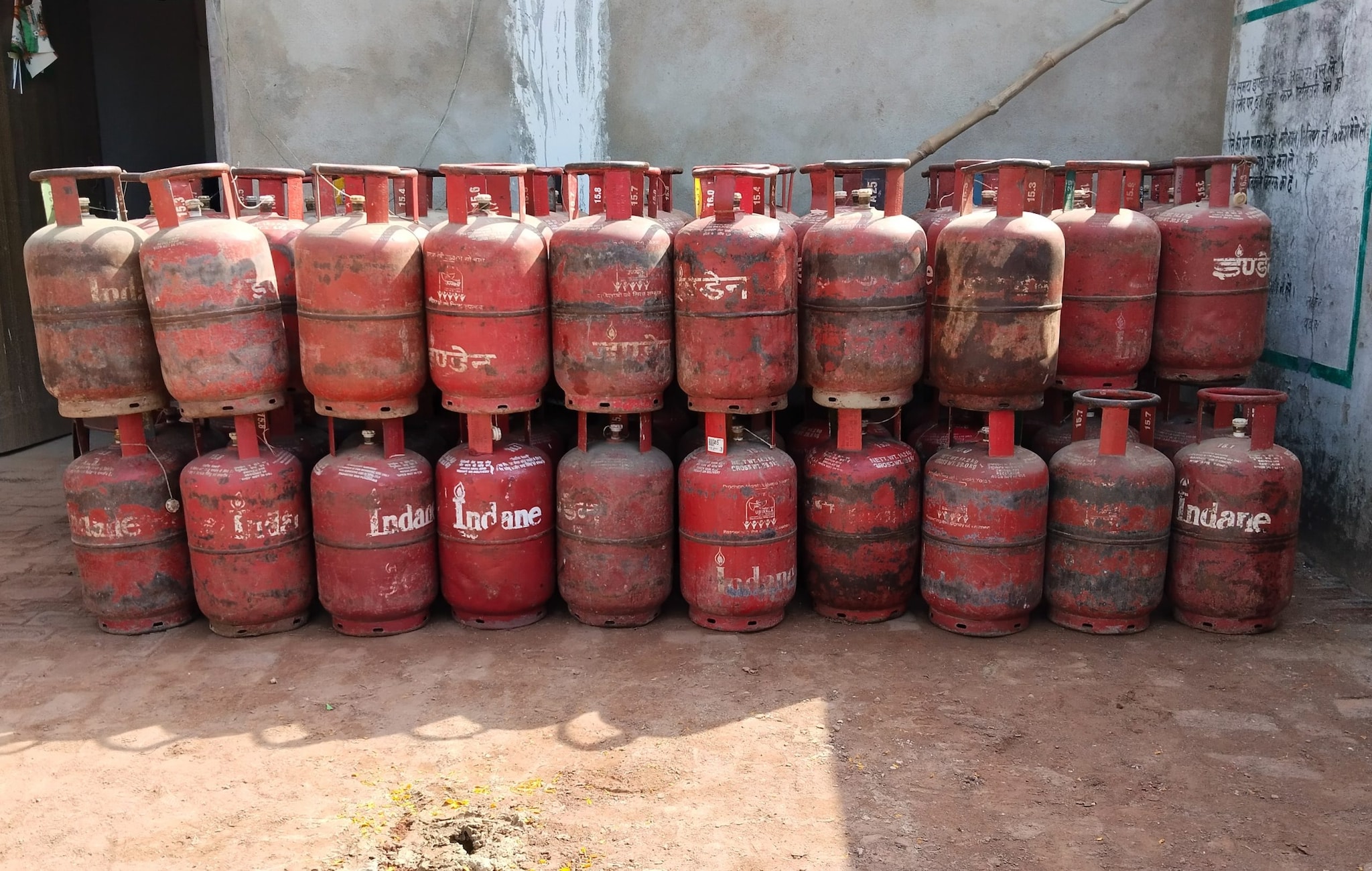Domestic creditors flocked to Monday’s treasury bills (T-bills) auction, snapping up government securities—considered safe havens—at yields that have changed little since United States (US) President Donald Trump announced a 17-percent reciprocal tariff on Philippine imports last week. At the April 7 auction, the Bureau of the Treasury (BTr) awarded ₱24.5 billion worth of T-bills, lower than its planned borrowings, despite bids reaching more than twice the amount offered.
In all, the BTr received ₱63.3 billion in bids for the total of ₱25 billion it auctioned off to government securities eligible dealers (GSEDs). This week, total bids rose slightly compared to the lower demand of ₱45.

7 billion seen in the previous T-bill auction on March 31. The BTr awarded only ₱7.5 billion from its ₱8-billion offering for the benchmark 91-day T-bills.
This came after the increase in the average bid rate to 5.393 percent, which was 8.6-basis point (bp) higher than last week’s rate of 5.
307 percent. Total tenders for three-month IOUs reached ₱13 billion, slightly higher compared to last week’s demand. From 182-day debt paper, the BTr raised ₱8 billion, fully awarding the offered amount.
Bids reached ₱19 billion, higher than last week’s ₱17 billion. The average rate slightly decreased, by 0.1 bp, to 5.
645 percent, from 5.646 percent last week. The BTr borrowed the planned ₱9 billion in 364-day T-bills.
Demand reached ₱31.3 billion, higher than last week’s ₱16.4-billion bids for the same amount offered.
The average rate slightly decreased, by 2.2 bps, to 5.726 percent, from 5.
748 percent. Prior to Monday’s auction, PHP Bloomberg Valuation (PHP BVAL) Reference Rates showed that the 91-, 182- and 364-day T-bills were quoted at 5.345 percent, 5.
682 percent, and 5.774 percent, respectively. Only the 91-day debt paper stood higher than this official benchmark rate.
The two other IOUs with longer tenors were lower. Notably, rates across the board were also lower than the Bangko Sentral ng Pilipinas (BSP) benchmark interest rate of 5.75 percent.
According to Michael Ricafort, chief economist at Rizal Commercial Banking Corp. (RCBC), average interest rates for the latest T-bill auction edged slightly lower, reversing two weeks of modest increases. This comes ahead of a possible 25-bp rate cut by the BSP on Thursday, April 10, Ricafort noted.
Ricafort also said that while investor demand was 2.5 times more than the total amount offered, the auction was only partially awarded mainly because of the higher rates sought for the three-month tenor. He said the partial award and slightly higher interest rate for the 91-day T-bill reflect concerns over a potential rise in US inflation following Trump’s tariff hikes.
It could also be attributed partly to seasonal demand for cash ahead of the April 15 Bureau of Internal Revenue (BIR) tax deadline and Holy Week preparations. The Philippines relies more on local borrowings through T-bills and T-bonds than on foreign financing, tapping into the ample liquidity of domestic banks while avoiding foreign exchange (forex) risks and market volatility..
Business

Local creditors snap up Philippine T-bills at stable rates despite Trump tariff risks

Domestic creditors flocked to Monday’s Treasury bills (T-bills) auction and snapped up government securities considered as safe havens at rates that have changed little since United States (US) President Donald Trump announced a 17-percent reciprocal tariff on Philippine imports last week.














